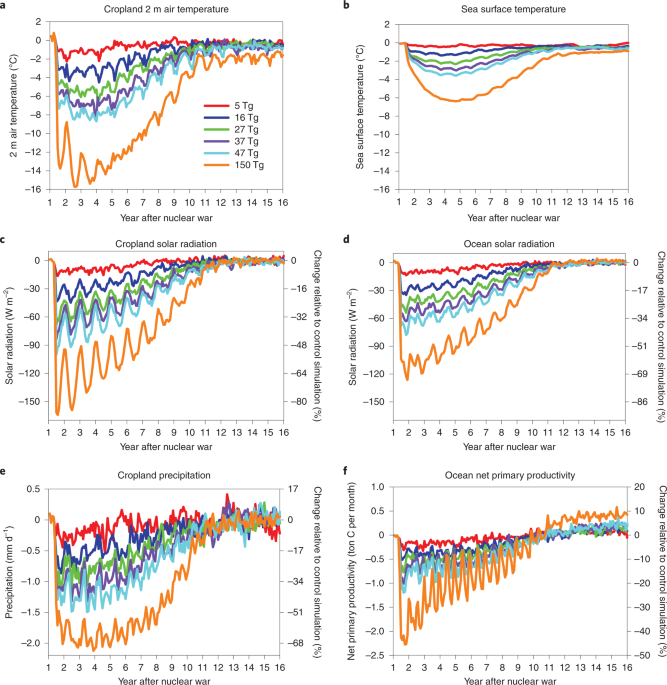Send us a link
South Korea Joins Horizon Europe in Multi-Billion Euro Push to Globalise Science
South Korea Joins Horizon Europe in Multi-Billion Euro Push to Globalise Science
South Korea has officially completed negotiations to join the EU's research and innovation programme Horizon Europe, making it the first Asian country outside the European region to associate.
I Struggled After Moving Internationally For A Postdoc. Here’s How My Family And I Coped
I Struggled After Moving Internationally For A Postdoc. Here’s How My Family And I Coped
Is the EU-Africa Innovation Plan Toothless?
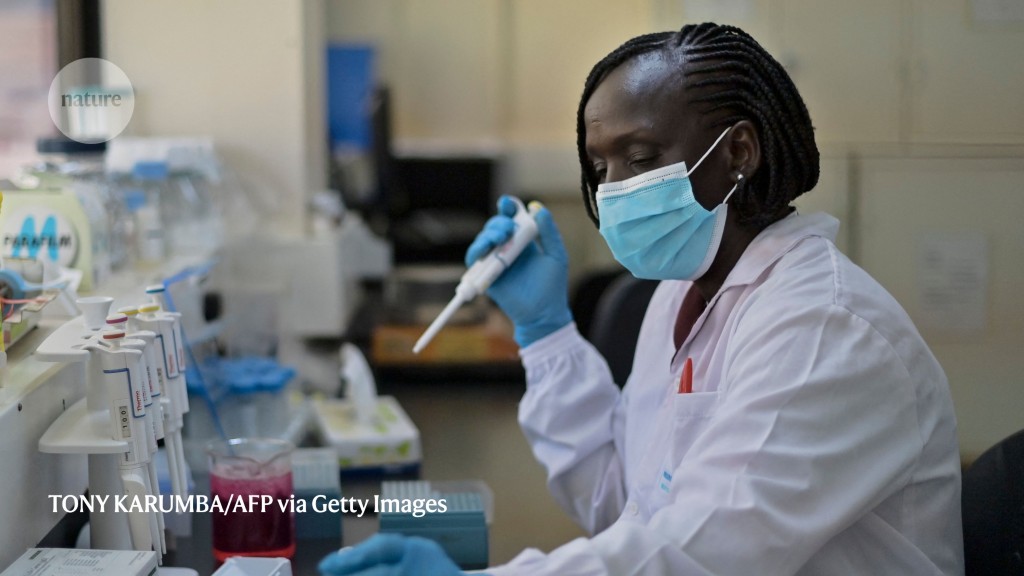
Global Science is Splintering into Two - and This is Becoming a Problem
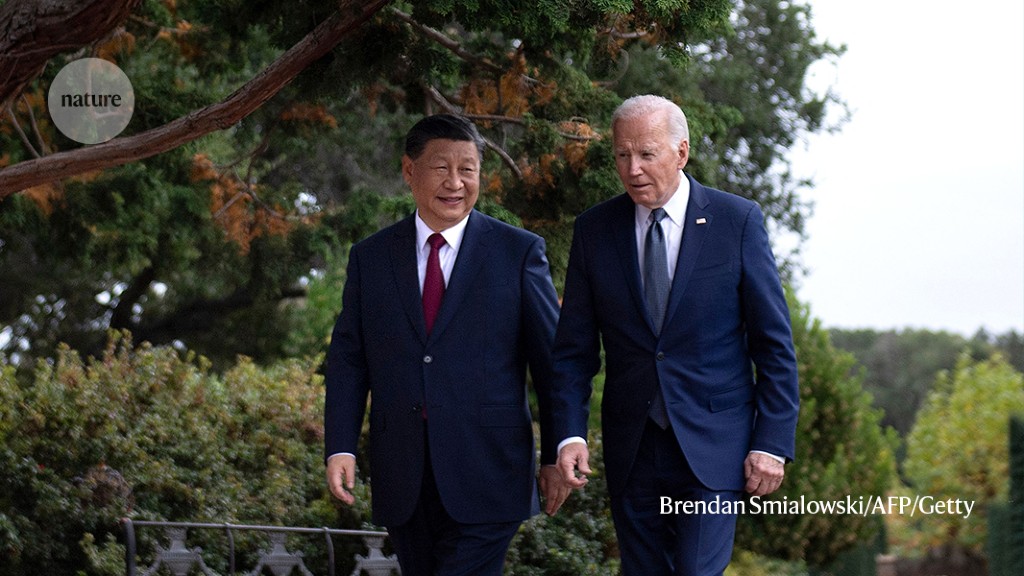
Russian Researchers Disappear from Academic Conferences As Isolation Bites
Russian Researchers Disappear from Academic Conferences As Isolation Bites
Following Moscow’s invasion of Ukraine a fear of working with the West, sanctions, visa restrictions, travel issues and an exodus of academics have forced Russia to retreat from the global scientific conversation.
NIH Upholds Controversial Plan to Step Up Oversight of Foreign Collaborators
NIH Upholds Controversial Plan to Step Up Oversight of Foreign Collaborators
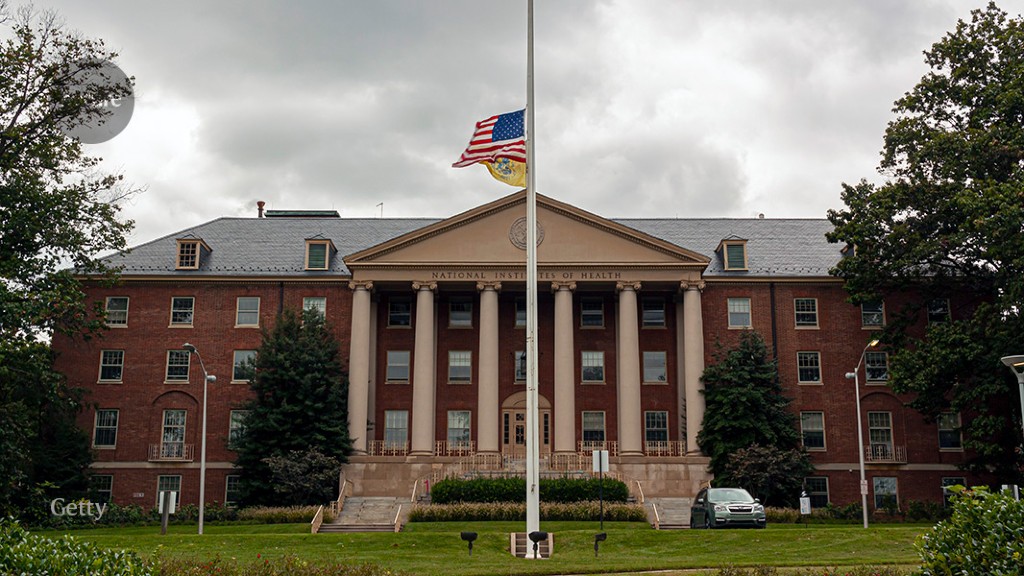
The US and China May Be Ending an Agreement on Science and Technology Cooperation
The US and China May Be Ending an Agreement on Science and Technology Cooperation
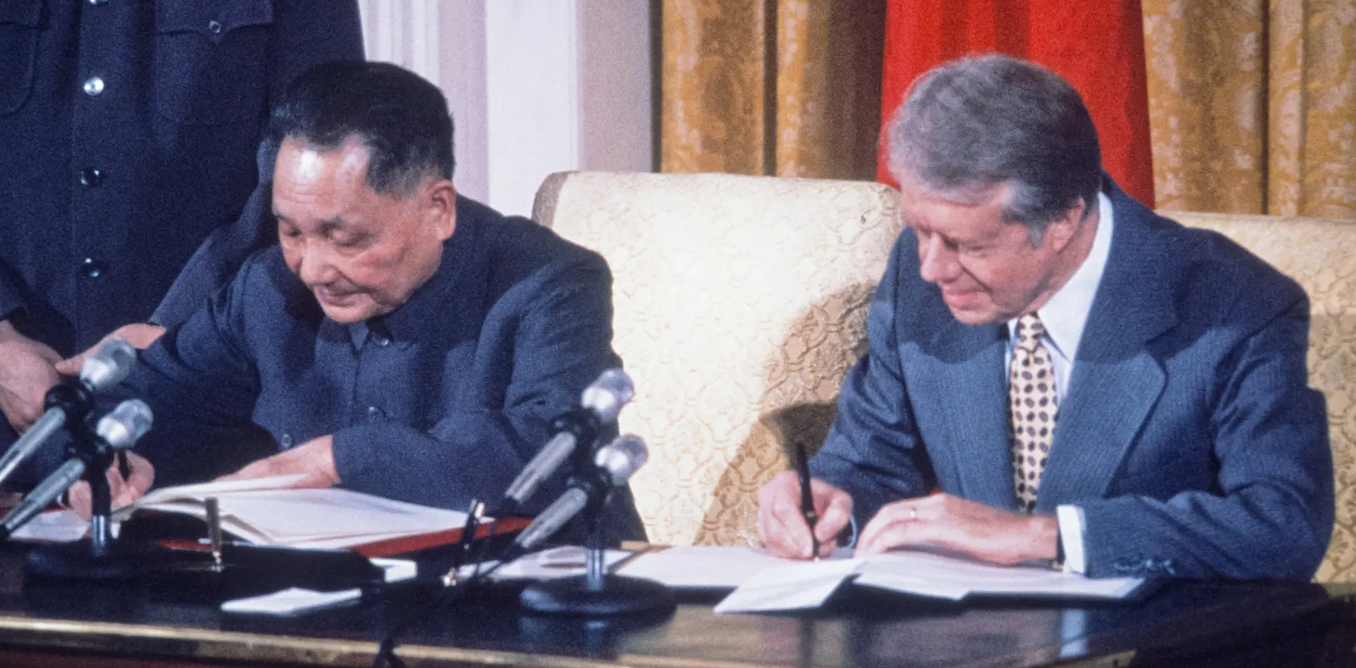
Managing the Risks of International Collaboration
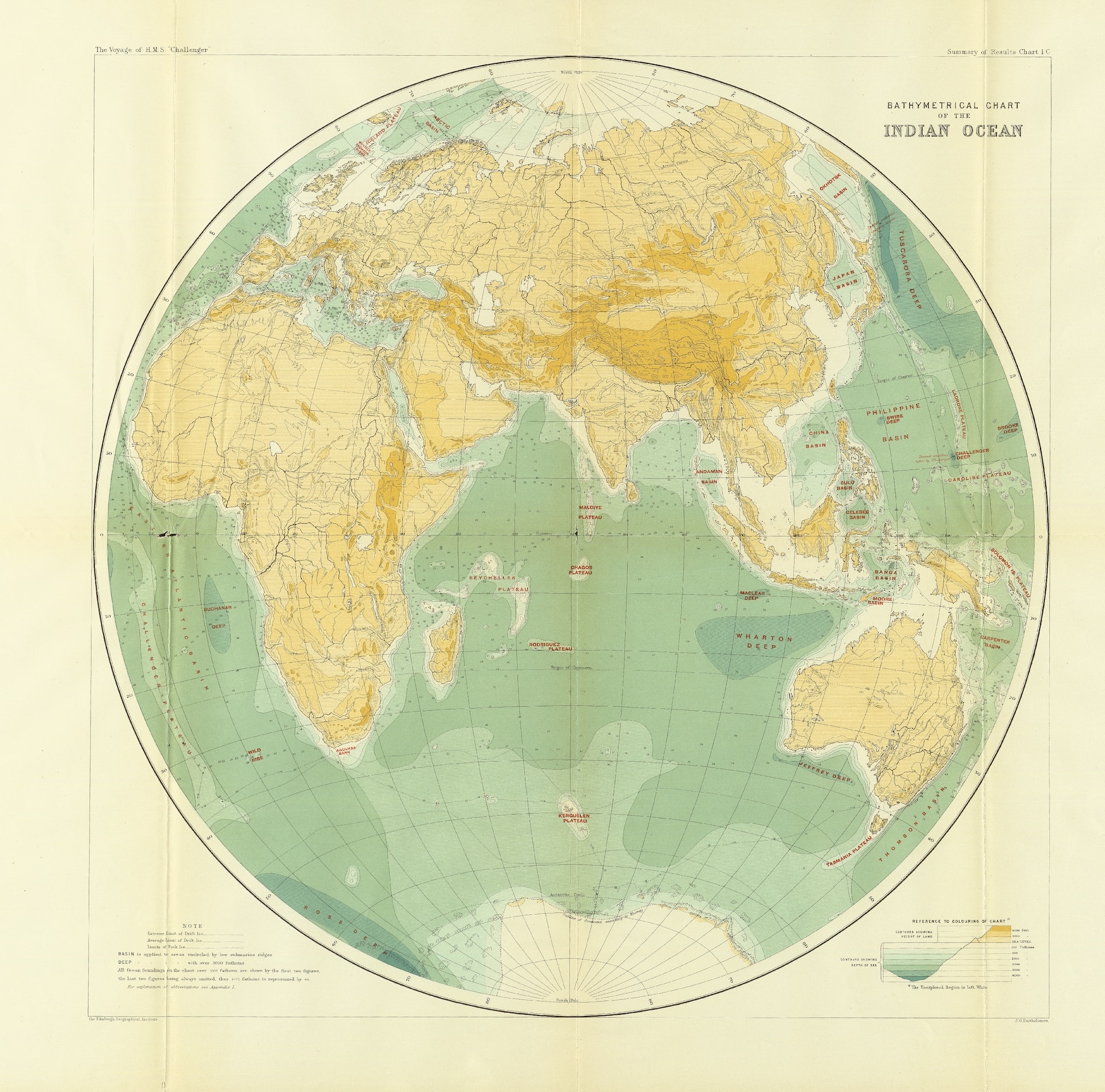
Does International R&D Cooperation Under Institutional Agreements Have a Greater Impact Than Those Without Agreements?
Does International R&D Cooperation Under Institutional Agreements Have a Greater Impact Than Those Without Agreements?
Funding agencies (FAs) have increasingly engaged in international cooperation agreements (ICAs) to encourage world-class research and achieve more promising outcomes in the context of increasing competition for research resources. While the benefits of International Research Collaboration are largely supported by literature, less attention was paid to the influence of ICA on scientific and technological outputs.
The World's Top Chemical-Weapons Detectives Just Opened a Brand-New Lab
The World's Top Chemical-Weapons Detectives Just Opened a Brand-New Lab
The international body that banned chemical weapons is due to celebrate its first major milestone sometime this year — the completed destruction of the world’s declared stockpiles of banned substances. But at the organization’s brand-new facility in the Netherlands, scientists from around the world will continue its work to prevent, spot and respond to chemical warfare.
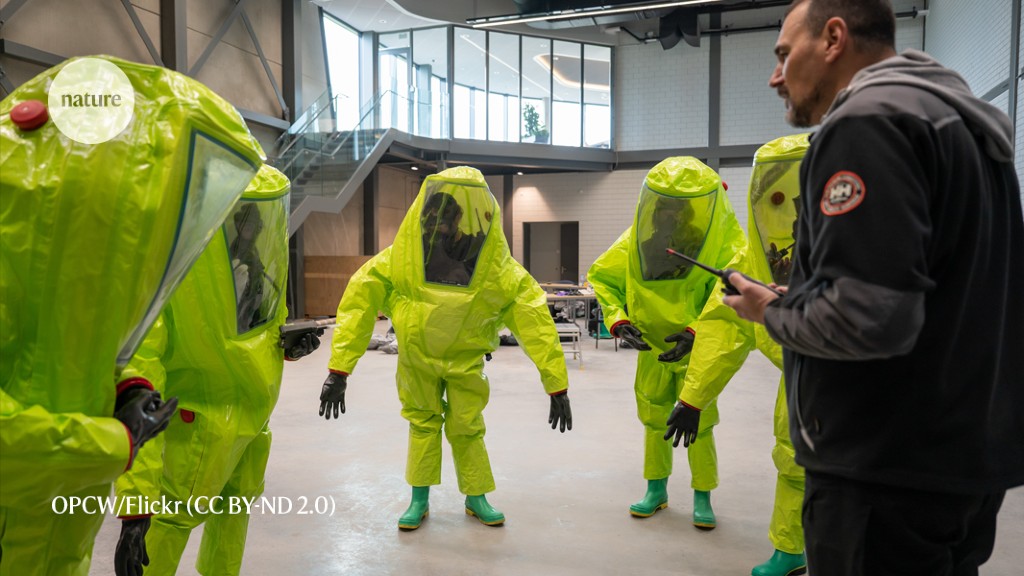
Security Risks: How to Keep the Global Science System Open
In an era of stricter securitisation of research, more thoughtfulness and better professional judgement may be required from global research.

Shifting Geopolitics Prompts Germany to Offer Researchers Extra Help on International Collaboration
Shifting Geopolitics Prompts Germany to Offer Researchers Extra Help on International Collaboration
In 2019 the German Academic Exchange Service (DAAD) set up a new service, the Competence Centre for International Academic Cooperation (KIWi). It's been hugely popular, and the DAAD believes it's time to give it a boost.
Planting the Seeds of Discovery: Scientists Identify 100 Important Questions Facing Plant Science
Planting the Seeds of Discovery: Scientists Identify 100 Important Questions Facing Plant Science
An international panel of scientists has identified 100 of the most important questions facing plant science.

Creating Global Commons for Science, Technology, and Innovation
Creating Global Commons for Science, Technology, and Innovation
Collectively solving problems shared by many nations requires a new global science and technology commons.

War in Ukraine Prompts Shifts in Thinking About International Cooperation in Science
War in Ukraine Prompts Shifts in Thinking About International Cooperation in Science
A year ago, Russia's full-scale invasion of Ukraine redefined geopolitics in a shockwave that is still reverberating through the science world. The EU research community was quick to cut ties with Russia and lend Ukraine a helping hand - but now it is grappling with resulting instability and uncertainty as the war climbs into its second year.
New Global Body Aims to Improve Biosecurity and Biosafety
New Global Body Aims to Improve Biosecurity and Biosafety
A new global organisation is trying to prevent dramatic advances in bioscience from unleashing engineered pathogens from the lab, and wants research funders, scientists and journals to help. The International Biosecurity and Biosafety Initiative for Science (IBBIS) warns that scientists might be able to order the DNA of dangerous pathogens like smallpox from unregulated companies, and wants much tighter screening of the industry.
Inside Effective Altruism's Plan to Stop Science Killing Us All
Inside Effective Altruism's Plan to Stop Science Killing Us All
Effective Altruism (EA), a movement of rationalist do-gooders that has been growing in size and influence for just over a decade, hit the headlines worldwide in 2022 - although not quite as its supporters hoped.
Why Conflict Parties Cease Fighting
The path to peace usually leads through a ceasefire. In an international project, ETH Zurich researchers have shown the conditions under which parties to civil wars are willing to stop fighting – and why they decide to do so.
How UN Secretary General Became an Outspoken Voice for Climate Action
António Guterres is heading to Cop27 for what is likely to be another blistering attack on complacency and foot-dragging.
The Future of Spycraft
If intelligence analysis is to improve, we must learn from our new understanding of cognitive bias.
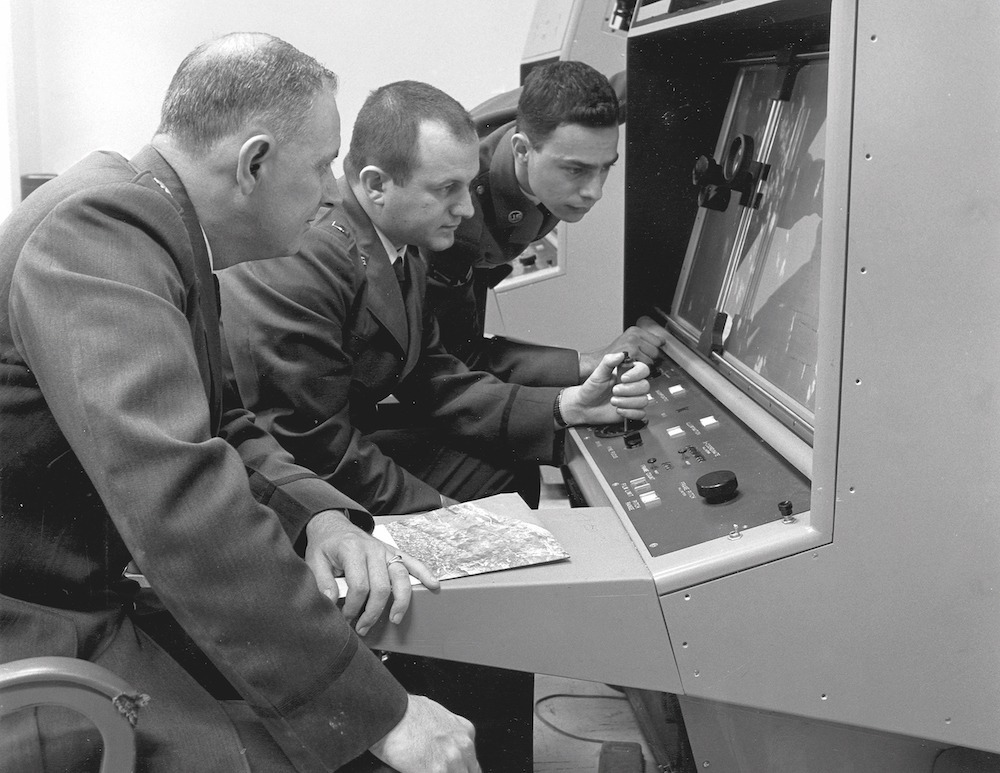
Commander Cristoforetti: International Space Station is a 'beacon of Hope'
Italian astronaut Samantha Cristoforetti is the fifth European to take command of the ISS. She says the space station gives her hope for peace on Earth.
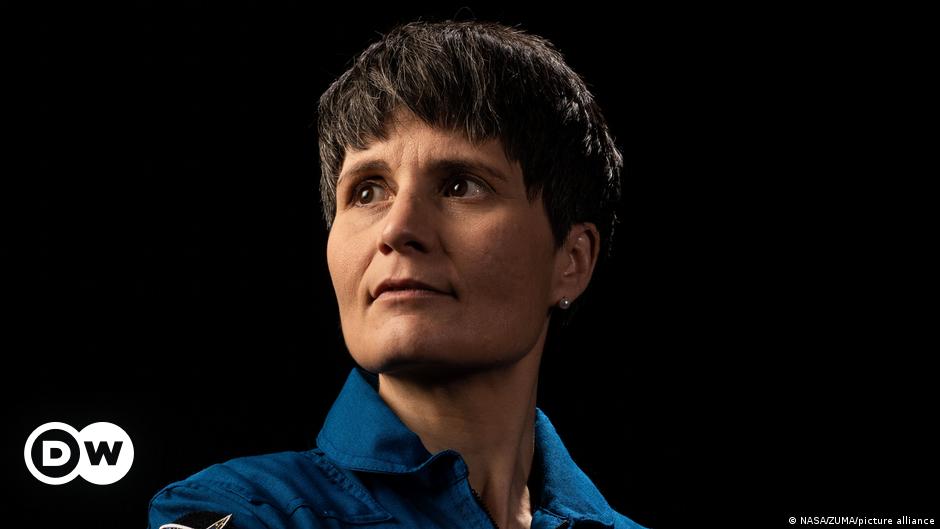
Science Won't Save the World
European Research Council president tells UN General Assembly science alone is not guaranteed to save the world from the climate disaster and the other crises it faces.
EU Called Out for Bureaucratic Obstacles to Cross-Border Researcher Mobility
EU Called Out for Bureaucratic Obstacles to Cross-Border Researcher Mobility
The lifting of pandemic restrictions on travel and increased requirements in EU research programmes for researchers to spend time abroad is drawing renewed attention to the way in which blanket EU rules for managing labour flows are getting in the way.
New Scheme Will Allow Thailand-based Researchers to Join European Research Council Teams
New Scheme Will Allow Thailand-based Researchers to Join European Research Council Teams
Thailand and the EU last week signed off a new scheme allowing researchers from Thailand to join European Research Council-funded projects. ERC already has a number of such arrangements with countries including Australia, Brazil, China, India and the US, but this is the first time it has cooperated with Thailand's National Higher Education, Science, Research and Innovation Policy Council.
A Double-edged Eco Sword
Climate change affects us all yet not equally. The plight of those forced to migrate as a result - often called 'climate refugees', though not officially - has become contested ground between human rights/environmental activists and anti-asylum lobbyists. Could 'ecologically displaced', avoiding racialization, xenophobia and division, be a viable alternative?
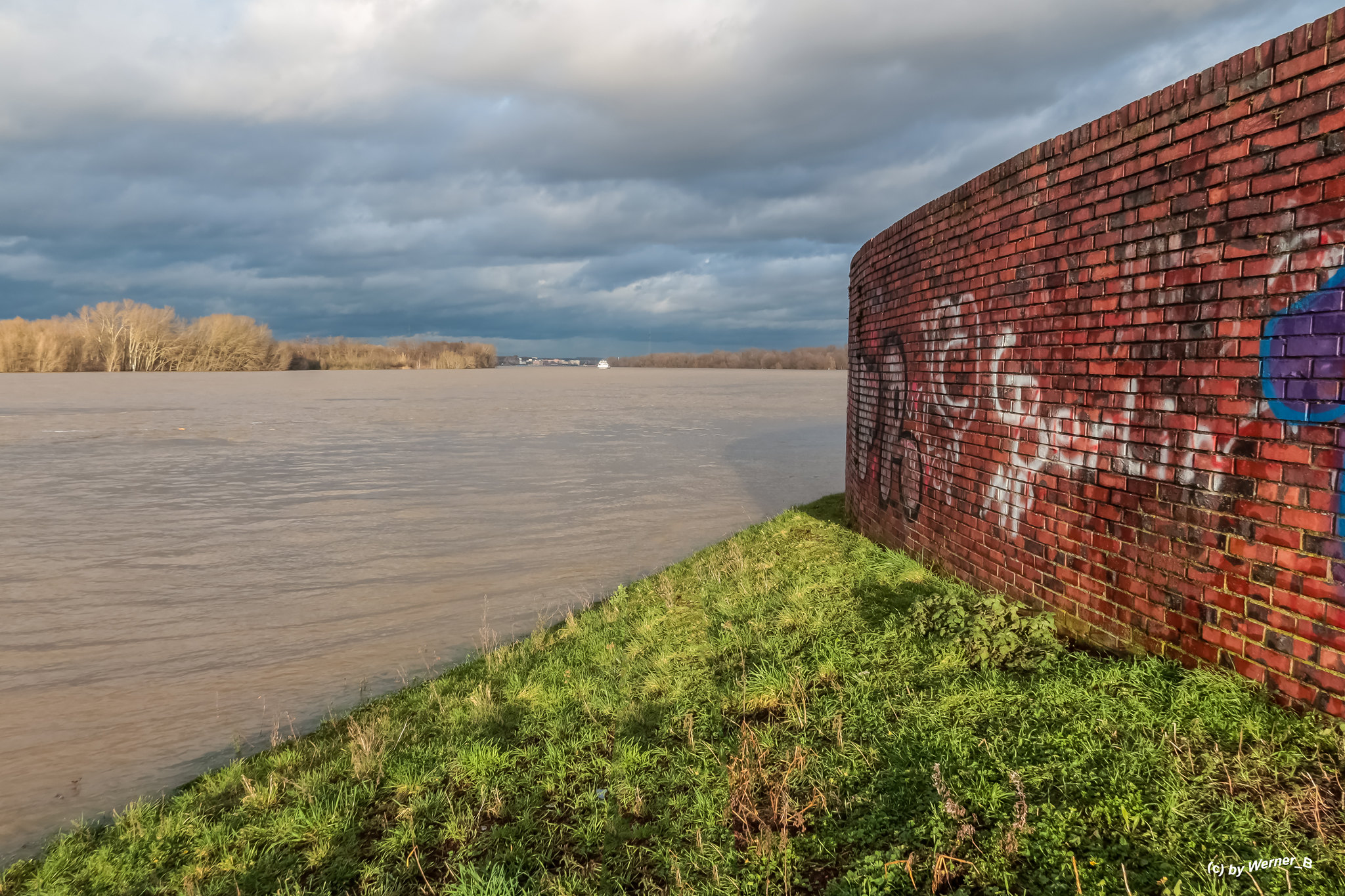
Experts Warn UK is Becoming Less Attractive for International Research Talent Post-Brexit
Experts Warn UK is Becoming Less Attractive for International Research Talent Post-Brexit
The UK government's plan to increase R&D spending requires a skilled workforce which its universities and research institutes will struggle to assemble, expert witnesses told the House of Lords' science and technology committee today. "The attractiveness of the UK as a destination for scientists might have decreased in recent years," said Maggie Dallman, vice president for international affairs and associate provost for academic partnerships at Imperial College London.
Machine Translation Could Make English-only Science Accessible to All
UC Berkeley scientists and students looked at current artificial intelligence translation systems and found that, though flawed, they have become good enough for researchers to broadly translate their work into other languages, at least the languages of the coauthors and the country in which the research was conducted. One problem: how to get permissions to translate and share, and where will these translations live online.
Will War in Ukraine Mark a New Era for European Defence Research?
After Russia's invasion, politicians promised to boost military research funding - but policy specialists aren't convinced that a rapid change lies ahead.

Global Food Insecurity and Famine from Reduced Crop, Marine Fishery and Livestock Production Due to Climate Disruption from Nuclear War Soot Injection
Global Food Insecurity and Famine from Reduced Crop, Marine Fishery and Livestock Production Due to Climate Disruption from Nuclear War Soot Injection
Calorie availability and extent of food shortages for each nation are estimated following regional or global nuclear war, including impacts on major crops, livestock and fishery production.
